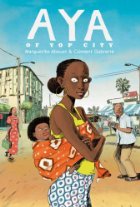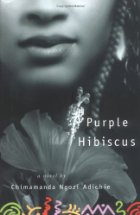Reparations Part II: A Lecture by Prof. Hilary Beckles
[easy-media med="3125"]The lecture is not short. Watch it at your own leisure. You may well not agree with it, all of it or some of it or a little of it. But if you have anything at all to say about the question of reparations, you will have no ground on which to stand unless you engage with the ideas he puts forth.Here is a taste:
When the world sits down, the western world, the European world, when they sit down to discuss the Caribbean, Africa, when they look at their past and the enslavement of our peoples, the victimization of our peoples, the destruction of Africans' potential, and the consequences that followed slavery, the apartheid that was put in place in the Caribbean after slavery, they speak about [the idea that] the time has come to move on.And they discuss moving on in the context of certain key words. These are the words that they use: Let's be progressive. Let's move on. Let's have progress. Let's have equity. Let's have democracy, equality, time for healing, time for atonement. We must have redemption, and forgiveness. The time has come for reconciliation ... Justice.These are the key words [around which] the conversation takes place about the legacies of slavery. But if you look at these words very carefully—and these are all very important words because these are the key words in western civilizations that speak to human progress—but there's a word that is missing from there. There is a word that is missing from the dialogue. And that word is what we call the elephant in the room. There's an elephant in the room. There's a word that nobody wants to say in the western world. There's a word that they do not want to use. But without that word, all of the precious words of hollow. Without that word, the justice, the forgiveness, the atonement, the equality, the progress, the reconciliation—without that word all of those other words are hollow. And that word of course is reparations.



